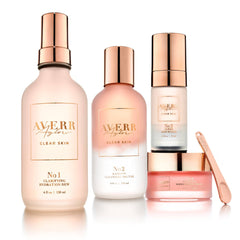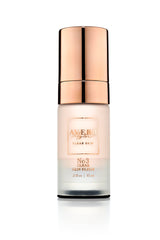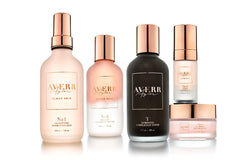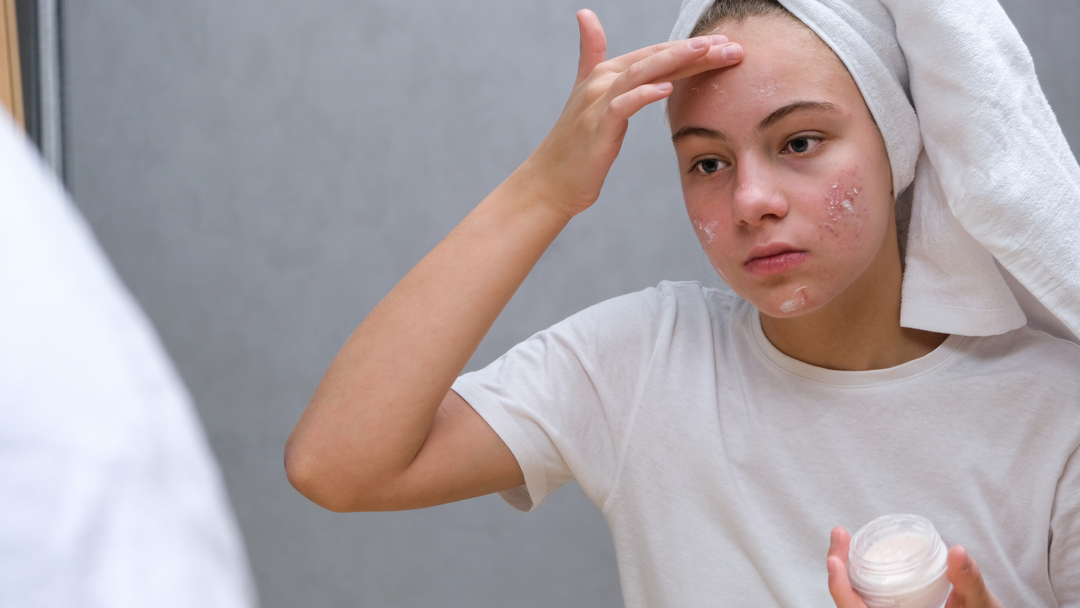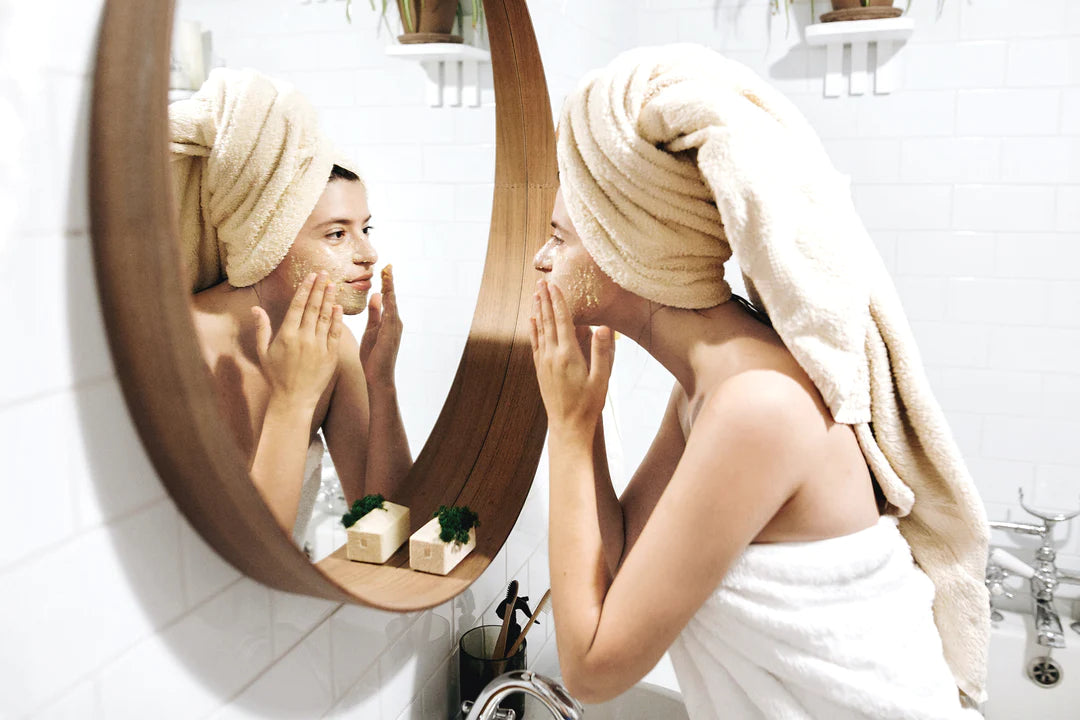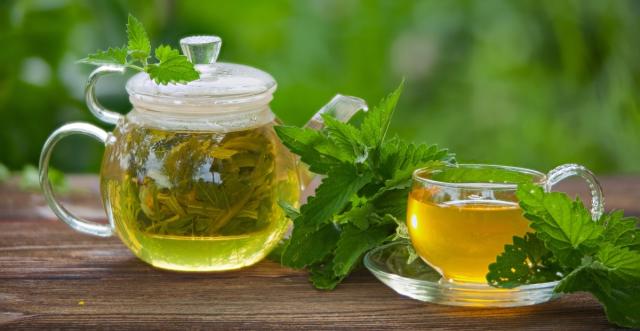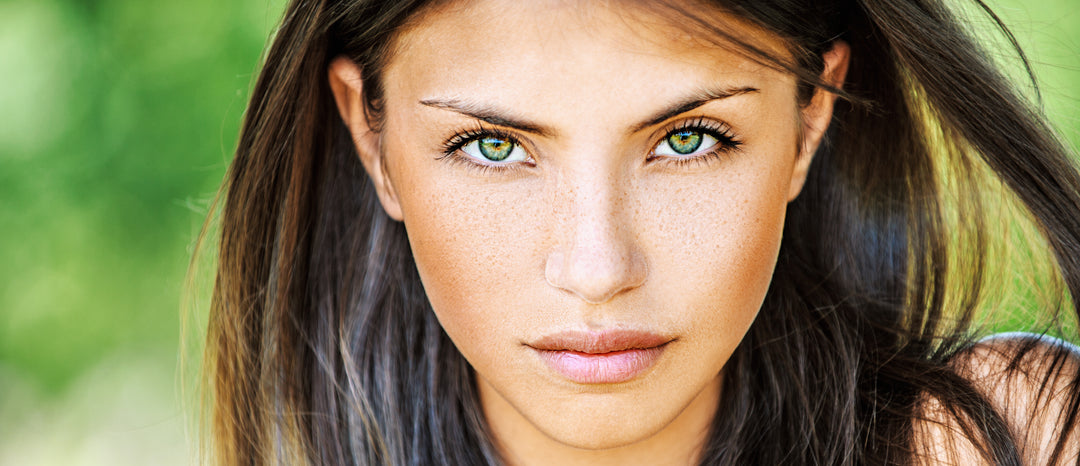Have you ever just had that one kismet moment when everything aligned? You go to a party with your makeup on point, hair bouncing and behaving, and an outfit that is saying all the right things in all the right ways.
Just when you think it couldn’t get any better, the guy you’ve been eyeing comes to talk to you. And your little heart goes wild! You have hit perfection!
Sometimes these awestruck moments leave us yearning to relive those glory days. But, the real question is why do we feel so drawn to these moments?
It may be because they don't happen all of the time! If you're like me, there have been more days than you can count when you didn’t like what you saw in the mirror. And, instead of focusing on all the good, we’re too caught up on how our skin looks.
After twelve long years of trying every makeup brand, countless over-the-counter treatments, and even expensive dermatologist appointments to hide my acne scars, I know this feeling all too well!
And, if you're reading this, you do too! If you have been dealing with acne scars, then you, my friend, have come to the right place! Here is the ultimate guide to acne scars!
Types of Acne Scars
For many of us, acne scars are the bane of our existence. I remember as a kid looking intensely at people and their faces, kind of like a creeper, before ultimately deciding to hide under my mom's dress for fear that they would look back.
And while that was a pretty ordinary kid tendency ( I hope!), many of us saw acne scars long before we had them but didn't know anything about them. It was not until we started experiencing the kaleidoscope of acne issues for ourselves that we decided it was time to get in gear and figure this thing out!
So here is the loveliest of breakdowns to help!
The two main categories for acne scars are atrophic and hypertrophic.
Atrophic Scars are caused by a loss of tissue in the skin after an acne attack. And after the skin heals underneath the normal layers, a little indent forms as a parting gift.
Some examples of atrophic scars include ice pick scars, boxcar scars, and rolling scars.

Hypertrophic scars are the exact opposite because an excess of tissue causes them. When a hypertrophic scar heals, it can result in a raised scar due to an excess deposit of collagen.
Examples of these include keloids and any textured raised scar. Also, post-inflammatory hyperpigmentation and dark marks fit into this category.
So, there it is! Your crash course on the different types of acne scars!
Now it's time to discuss another place where acne scars magically appear: your BACK.
Bacne Scars (AKA Back Acne)
For those with acne scars, this one's for you!
If you have bacne scars, the struggle is real! When the warm weather hits and forces you out of your hermit-sized shell to face the hot-girl weather, bacne scars are a real downer!
While you may blow it off from time to time, and act as though it doesn't matter, the truth is when you're supposed to be enjoying those sultry, glistening summer nights, you're either at home or wearing a moisture-wicking, certified-lightweight sleeve that you just found online (and we all know that they are never the right choice).
So here are the details that you need to get rid of your bacne scars.
I know that this may come as a surprise, but these scars are just the result of back acne. So what's the difference? Nothing, other than your strategy on how to make them go away.
My suggestion- exfoliate. While you can (and should) exfoliate your face, back acne scars will greatly benefit from it as well.
Here is a three-step plan for a thousand backless dresses!
- Stop picking Your Bacne- This is not a recommendation, this is an absolute must! If you want to see those scars disappear and prevent them from occurring in the first place, leave them alone! Seriously!
- Apply Healing Serums- Tea tree oil is a safe bet because it can soothe the skin, replenish nutrients, and fade dark marks. So for those with dark marks… You. Can't. Afford. To. Sleep. On. This!
- Exfoliate- The ultimate bacne tip! It helps remove dead skin, toxins, and bacteria while depositing nutrients that help fade discoloration and combat breakouts.
Getting acne on your back is not fun, but we can have the final say on how far we let it go. With a little prevention and a whole lot of love, we're about to live our best lives in these summer days!
How to Prevent Acne Scars
The other day, I had a conversation with my husband about how clear my skin was starting to get, and while I am most certainly excited about this, I will admit that it scares me! Anyone who has dealt with acne scars knows that all it takes is one horrible breakout (without proper prevention) to end the streak.
That is why the first step to preventing acne scars is understanding that you are, in fact, prone to acne scars (as in, you have seen a pattern of repeat offenses). So, I started researching the most effective ways to stop this from happening. And I am happy to share this with you! Just please don't judge my kindergarten scribbles!

So, as you can see, I gave careful thought to this topic, and this list is in every way representative of my vast knowledge on the subject (or more like my past failures). I hope you took notes!
How to Get Rid of Acne Scars
The moment of truth! If you already have acne scars, then this is the moment you have been waiting for. I know, I know! I made you wait until the end, but wasn't it worth it? So far, we have learned everything from what acne scars are, to what we can do to prevent them.
So, the next time that we see a breakout appear out of nowhere, we'll be ready. But, first, let's find out how to get rid of the acne scars we have.
1. Use All-Natural Products
It's simple: invest in your skin, and the dividends will come back (richly, I might add!). Start your journey with an all-natural skincare kit that includes nutrient-rich ingredients. (Like the Luminous Clear Skin Kit).
2. Stop the DIYs, Seriously
Many DIY skincare projects are a seriously bad idea. Dermatologists have stated that more harm than good could be done to the skin if the wrong products were put on the face. Let's just stop while we're ahead. Okay?
3. Increase Your Vitamin C
Vitamin C is the superhero that you've always needed to save the day! From helping to restore collagen to reducing the appearance of dark marks, you can't miss out on vitamin C.
For those dealing with a loss of collagen, dark marks, or hyperpigmentation, vitamin C is especially essential. It's seriously one of the most amazing ingredients that you can use on your skin. There's no reason to wait, start incorporating vitamin C today.
4. Don't Forget Your Sunscreen
Use sunscreen to save your skin! It's that simple!
While most of us love the sun, the sun doesn't always love us. UV rays are real, and we need to protect ourselves at all costs. For those dealing with acne scars, this is especially the case.
Dermatologists say that sun exposure of any type can make scarring worse by further darkening them, which can slow the healing time or cause scars not to fade.
Wear that sunscreen!
The Happy Ending
Here's the thing: It doesn't matter if you currently have acne scars or are afraid of getting them. After today, you can walk with your head held high! Why? Because you now have a plan and the tools to do something about it. Your clear skin journey began the moment you decided that enough was enough! Just like I decided that I was not going to be left behind in the shambles of my skin, you can too! I look forward to seeing the progress that you're about to make!





